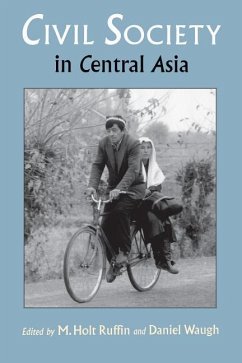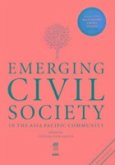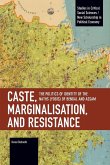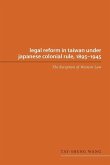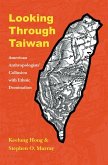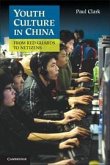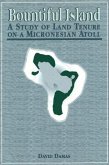Central Asia, home of Tamerlane and the Silk Road, is a crossroads of great cultures and civilizations. In 1991 five nations at the heart of the region -- Kazakstan, Kyrgyzstan, Tajikistan, Turkmenistan, and Uzbekistan -- suddenly became independent from the USSR. Today they sit strategically between Russia, China, and Iran, holding some of the world's largest deposits of oil and natural gas. Long-suppressed ethnic identities are finding new expression in language, religion, the arts, international alignments -- and occasional civil conflicts. In the decades ahead, what kind of societies will the more than 50 million people living in Central Asia create? Single-party secular states, Islamic republics, market democracies, something else? Civil Society in Central Asia is a pathbreaking collection of essays by scholars and activists that illuminates the social and institutional forces shaping this important region's future. Are the foundations of a democratic order emerging? As the essays suggest, trends are contradictory and vary in each country. This timely book matches contributions by leading specialists such as S. Frederick Starr, Olivier Roy, Scott Horton, Alla Kazakina, Abdumannob Polat, and Reuel Hanks with the insights of individuals who have been on the front lines of the struggle for civil society in Central Asia itself -- representatives of organizations such as Counterpart, Internews, and the Kazakstan International Bureau for Human Rights. Topics range from the legal framework for free association to grassroots movements for environmental protection, the resurgence of Islam, and the viability of the Soviet-era collective farms. A 75-page appendix provides a guide tomany of the most significant projects being carried out by local and international NGOs in the region.
Hinweis: Dieser Artikel kann nur an eine deutsche Lieferadresse ausgeliefert werden.
Hinweis: Dieser Artikel kann nur an eine deutsche Lieferadresse ausgeliefert werden.

